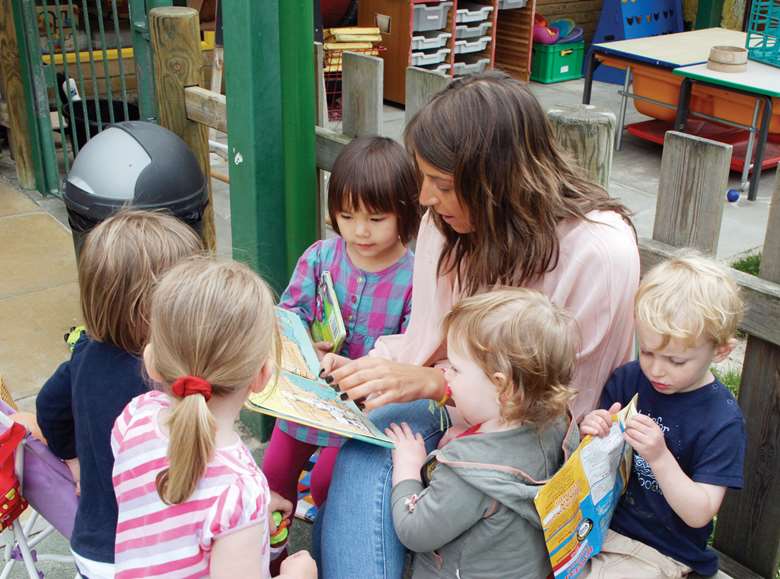Government urged to restrict expanded free childcare to poorest children
Jess Brown
Thursday, January 28, 2016
The government has been urged to ditch plans to expand free childcare provision to 30 hours a week for all working parents and replace it with a means-tested system.

The Family and Childcare Trust said government plans to fund the scheme are ill-thought-through and will leave childcare providers struggling to cover costs.
The charity also fears that low-income families requiring additional childcare over and above the 30 free hours each week will struggle to afford it.
Instead, it has proposed an alternative system where childcare is free for all two-, three- and four-year-olds for the first 15 hours, with additional hours on top of this being paid for by parents based on their income.
Parents earning less than £16,200 would receive childcare free of charge.
Fees would then start at 50p an hour for families with an income of more than £16,200, subsequently rising in 10p increments as income rises. Parents with a combined income above £76,000 would pay 100 per cent of the cost.
The government would have to increase spending on childcare from £7.4bn to £12.7bn from 2017/18 to pay for the changes, the report states.
Julia Margo, chief executive of the Family and Childcare Trust, said the government's current plans are too complex.
“While government initiatives such as extended free hours and tax-free childcare are very welcome and help many parents with childcare costs, the reforms will make an already complex system more complex and there are still gaps in vital support for low-income families.
“Our ambitious proposal for a simplified funding system could tackle many of the barriers low-income families experience when they try to access childcare and help them move into work.
“Evidence shows that sufficient funding for a high-quality childcare system brings fiscal benefits in the longer term – through children’s attainment, increased maternal employment, higher tax intake and lower welfare payments.”
Purnima Tanuku, chief executive of the National Day Nurseries Association (NDNA), said the report highlights that good-quality childcare can help make a difference to the poorest children.
“We fully agree with their call for a step-change in investment in childcare to benefit poorer families and society in the long term. NDNA has been campaigning for a long time for a simplified funding system."
Neil Leitch, chief executive of the Pre-school Learning Alliance, said the only way to improve quality is for the government to invest what is needed in the sector.
“As the report rightly highlights, high-quality childcare and education has been shown to be particularly beneficial for children from more disadvantaged backgrounds and has the power to improve outcomes for the most vulnerable in society.
“However, as we have always said, quality costs and the only way we will be able to achieve the laudable aims of this report is if the government is willing to invest what is needed into the early years sector."
The government announced last June that it would be extending free childcare entitlement from 15 to 30 hours a week from 2017. Trials are due to start later this year.




